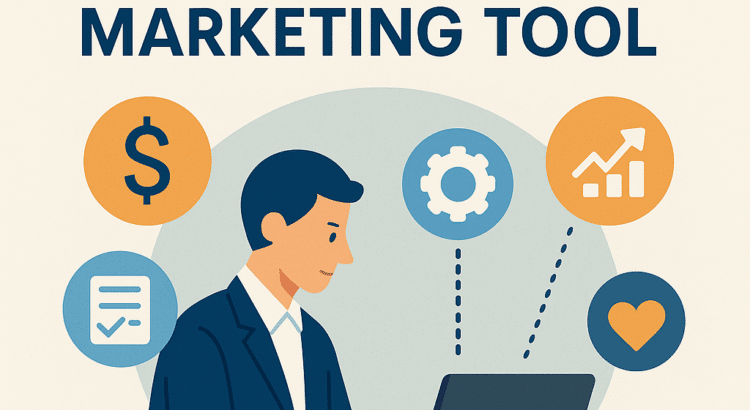Choosing the right multi-channel marketing tool is crucial for creating effective marketing strategies that resonate across various platforms. In an era where audiences are fragmented across different media channels, reaching potential customers through a singular approach is no longer adequate. Businesses need to engage customers where they spend their time, which requires a robust and flexible marketing tool. Below, we discuss the key criteria for selecting the best multi-channel marketing solution that meets your business needs.
Navigating Pricing and Support Options in Multi-Channel Marketing Solutions
Cost is an ever-present consideration for businesses, and it’s no different when selecting a multi-channel marketing tool. Pricing structures vary widely, with options ranging from monthly subscription fees based on usage or features to more comprehensive enterprise packages. It’s important to align the cost of the tool with your budget and marketing goals.
Additionally, the level of customer support can play a significant role in the tool’s success within your organization. Learn about the support options, including onboarding assistance, ongoing technical support, and training resources. A tool is only as good as the support behind it, so ensure that the vendor has a reputation for exceptional customer service.
Look for transparent vendors that offer clear information on updates and service level agreements (SLAs). This transparency can mitigate potential disruptions to your marketing activities and help you plan for the tool’s long-term usability and performance.
Furthermore, consider the tool’s scalability. Your chosen solution should be able to grow with your business, accommodating increased volume and complexity without significant additional costs or the need to switch to a new system altogether.
Multi-channel marketing automation is not just an option—it’s an essential aspect of modern marketing. Organizations that invest in sophisticated multi-channel marketing tools are well-positioned to build meaningful relationships with their customers, harness valuable insights, and ultimately drive higher ROI.
Analyzing the Integration Capabilities of Multi-Channel Marketing Software
The best multi-channel marketing tools seamlessly integrate with existing systems such as CRM software, e-commerce platforms, and other essential business tools. These integrations allow for the smooth transfer of data across systems, ensuring that marketers have access to up-to-date customer information. This is crucial for maintaining message relevance and timing, which can make or break a campaign.
Additionally, marketing tools that have open APIs offer more flexibility, allowing businesses to develop custom integrations as needed. This adaptability is particularly beneficial for companies with unique or proprietary systems central to their operations. Choosing a communication platform with these systems is vital for maintaining operational cohesiveness.
Vendor support is also a key consideration when it comes to integration. A robust support system can alleviate much of the technical burden and ensure integrations are implemented successfully. The faster your systems are integrated, the quicker you can reap the benefits of your multi-channel marketing tool.
Data synchronization across channels should be bidirectional and near real-time. This ensures that interactions in one channel are immediately reflected across others, maintaining a unified view of the customer. Without proper integration, you risk creating data silos that can lead to inefficiencies and a disjointed customer experience.
Evaluating the Analytics and Reporting Functions for Stronger Strategies
In-depth analytics and reporting features are critical to understanding the effectiveness of your multi-channel marketing campaigns. Top-tier tools provide granular data on campaigns’ performance on each channel, allowing for data-driven decision-making. This insight can guide resource allocation, ensuring you invest in channels that deliver the best results.
Besides quantitative metrics such as click-through rates and conversions, qualitative data like customer sentiment can also provide a nuanced understanding of your campaigns’ performance. Advanced reporting capabilities should allow you to dissect such information, shaping more impactful messaging and engagement strategies.
Customizable dashboards are another aspect to consider, as they present key metrics at a glance and can be tailored to your team’s specific needs. This empowers team members to focus on the metrics that matter most to their roles, optimizing workflows and driving home the importance of data in strategic planning.
It’s important to note that analytics extend beyond campaign performance and include predictive insights. Look for multi-channel marketing tools that offer predictive analytics, helping you anticipate future trends and customer behaviors. This proactive approach can provide a competitive edge, allowing businesses to stay ahead of the curve.
Overall, selecting the right multi-channel marketing tool requires careful consideration of pricing, support, integration capabilities, and analytics to ensure long-term success. By investing in a solution that aligns with your business needs, you can enhance customer engagement, streamline operations, and maximize marketing ROI.









